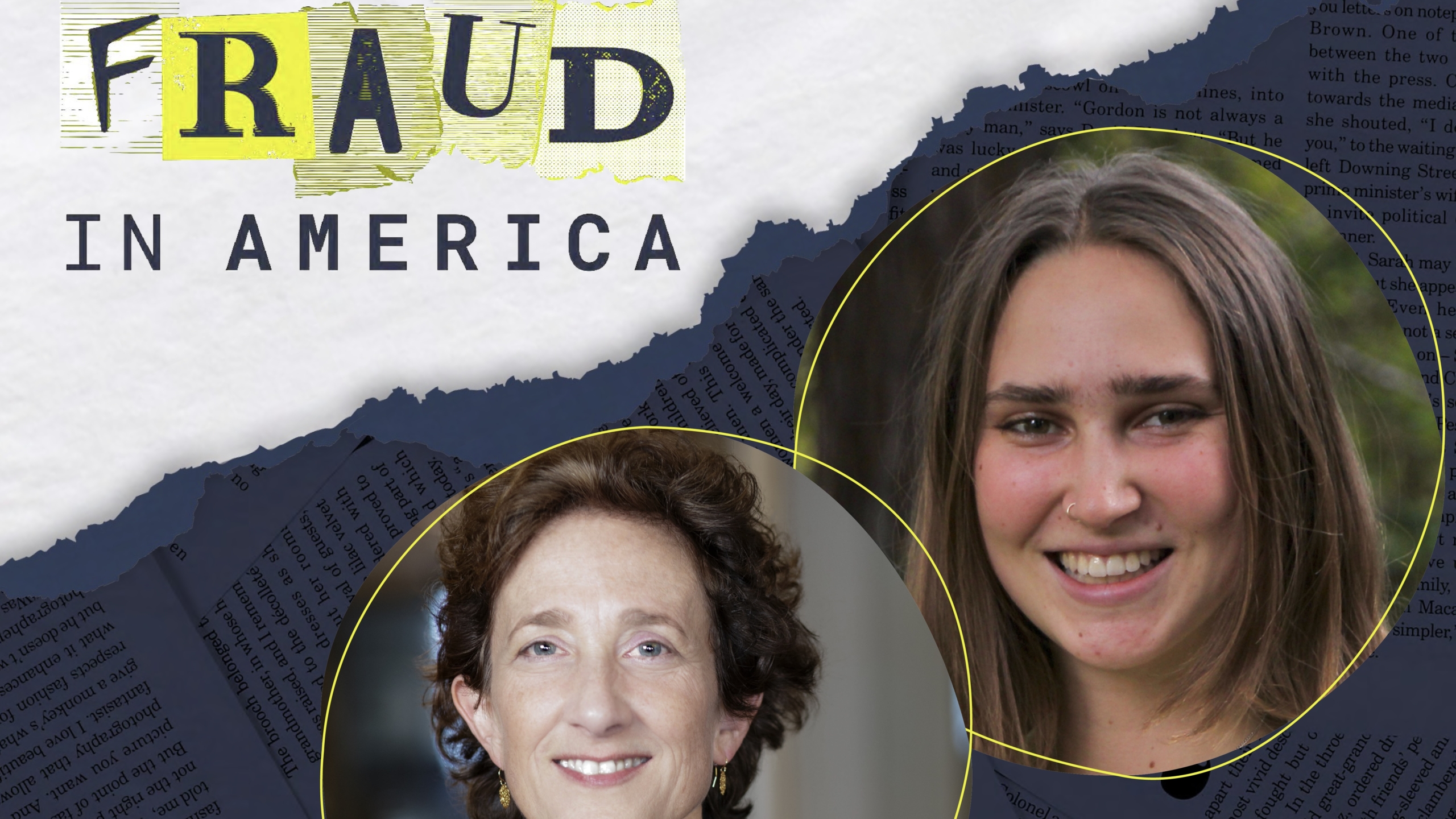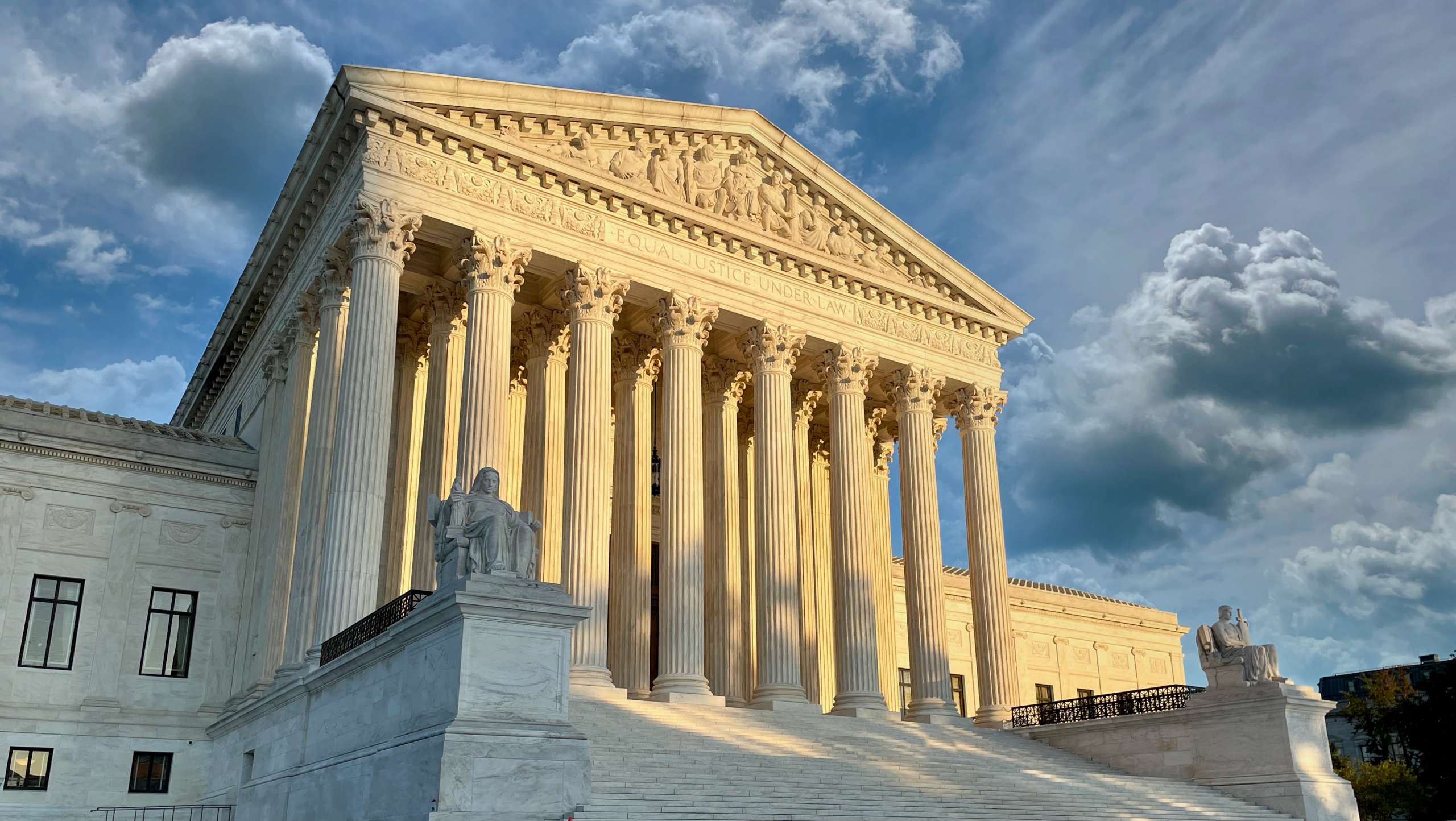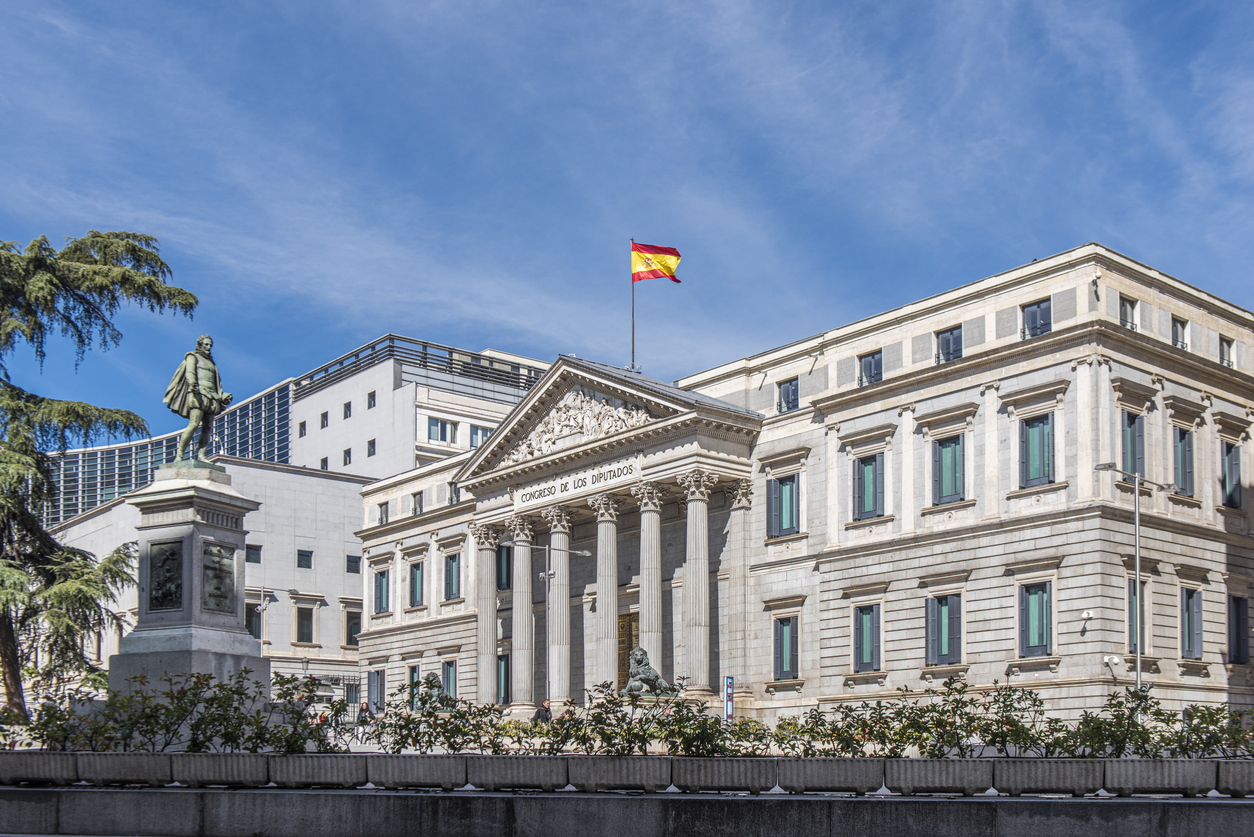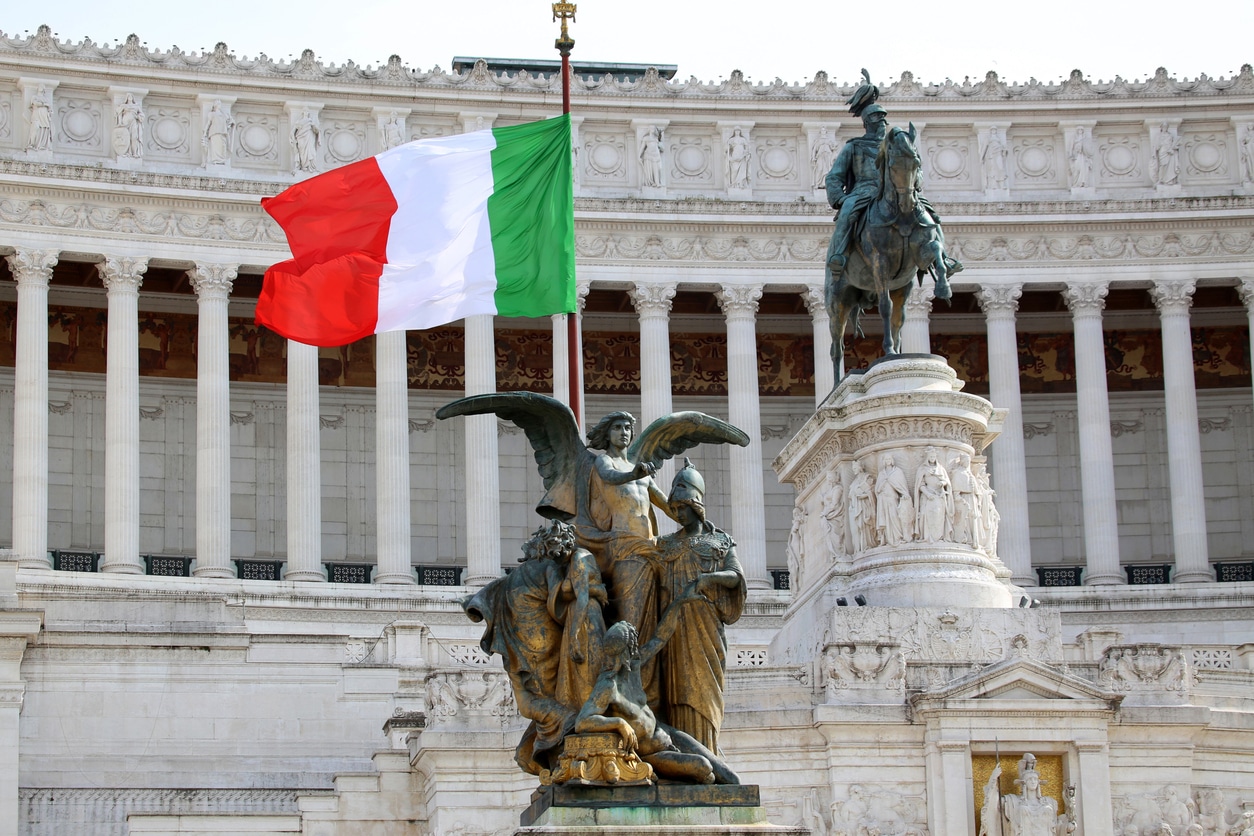Webinar Highlights: Empowering Global Anti-Corruption Through Transnational Law
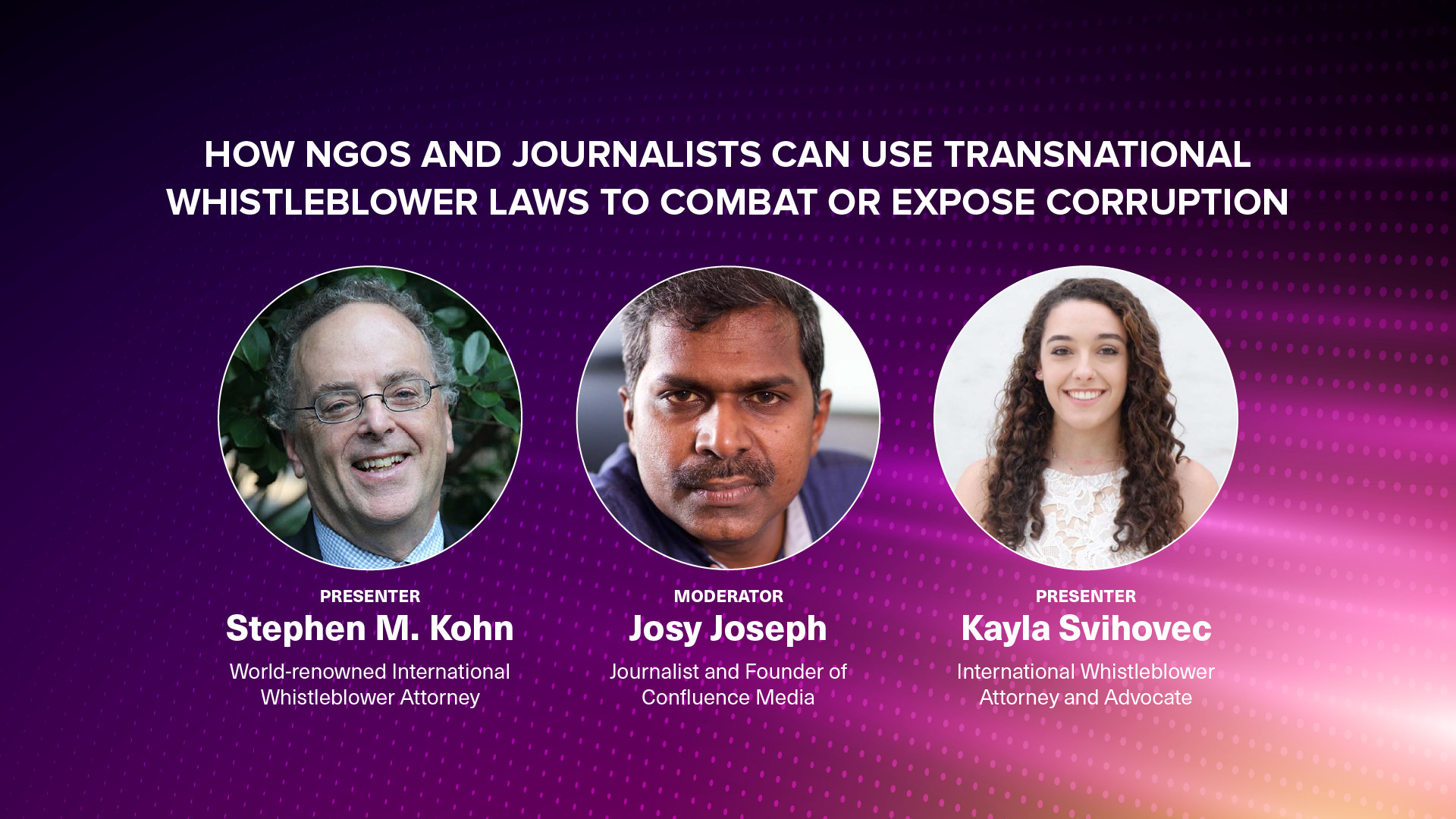
Panelists: Stephen Kohn & Kayla Svihovec (Attorneys), Josy Joseph (Moderator)
This session focused on the “enforcement gap” in global anti-corruption and how U.S. whistleblower statutes are currently the most effective tool for closing it. The discussion revealed how journalists and civil society can actively utilize these laws to hold institutions accountable and fund their continued work.
Core Insights:
-
Enforcement Beyond Borders: U.S. laws like the Foreign Corrupt Practices Act (FCPA) function globally. They allow the U.S. to prosecute corruption occurring entirely in other countries, even involving foreign companies and non-U.S. citizens.
-
The “Analyst” Opportunity: You do not need to be a corporate “insider” to blow the whistle. Journalists and NGO workers can qualify for protections and rewards as “analysts” by providing original assessments of public information that lead to successful prosecutions.
-
Strict Timing for Eligibility: To qualify for an award, disclosures must be “voluntary.” This means journalists or sources must file a formal complaint before a government agency contacts them about their published reporting.
-
Significant Financial Recoveries: These programs work because they incentivize information. Whistleblower disclosures have helped recover over $24 billion in sanctions from corrupt entities , resulting in approximately $2 billion in awards paid to whistleblowers.
-
Protection Without Cost: Legal representation for these claims is generally provided on a contingency basis (no upfront cost). The statutes offer the strongest anonymity and confidentiality protections currently available worldwide.
-
Expanding the Framework: The panel highlighted ongoing efforts to pass a UN resolution and encourage other nations—specifically the UK—to adopt similar reward-based enforcement laws to prevent reliance on a single jurisdiction.
Latest News & Insights
November 19, 2025
